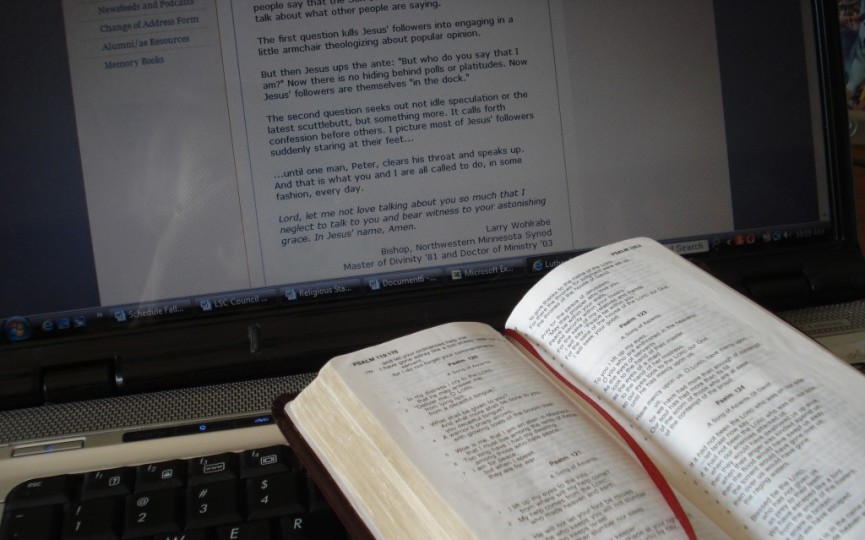Philippians 4:1-3 NASB95
Therefore, my beloved brethren whom I long to see, my joy and crown, in this way stand firm in the Lord, my beloved. [2] I urge Euodia and I urge Syntyche to live in harmony in the Lord. [3] Indeed, true companion, I ask you also to help these women who have shared my struggle in the cause of the gospel,..
Paul fiercely loved the church at Philippi. He had a special place in his heart for them, so much so that he referred to them as his “joy and crown.” On a number of occasions they had supported him financially and in other ways in his ministry of spreading the gospel. Yet, as you can see in Philippians 4:2, even the church at Philippi wasn’t perfect. Evidently, these two significant women in the church who had also participated in the support of Paul’s ministry were openly at odds with each other. Paul even encouraged someone he referred to as his “true companion” (probably Lydia) to help Euodia and Syntyche to live in harmony.
Even though there were some imperfections about the Philippian church Paul started his letter to them and finished it with an amazing confession about them.
Philippians 1:1 NASB95
Paul and Timothy, bond-servants of Christ Jesus, to all the saints in Christ Jesus who are in Philippi,
Philippians 4:21 NASB95
Greet every saint in Christ Jesus.
Paul referred to “all” and “every” Christian in the church at Philippi as saints, or “holy ones” in Christ Jesus. Even though there were some in the church who weren’t acting very holy, it was important to Paul to remind them at the beginning and the end of his letter the truth about who they were. They were holy ones, and their holiness was not just some positional pie-in-the-sky concept. He said they were holy ones “in Christ Jesus.” They had been “created in Christ,” thus being grafted into His life (made as a result of being mingled with the stuff of Jesus), they participated in His holiness. God didn’t wave a magic wand and zapped them into something holy; He immersed them into the very life of Jesus therefore, they were “partakers of the divine nature” of Christ.
“But by His doing you are in Christ Jesus, who became to us wisdom from God, and righteousness and sanctification (holiness), and redemption,” 1 Corinthians 1:30. Jesus Himself “became to us” holiness. Holiness is not a thing. Holiness is a person, and you are in union with that person. I love the way the NASB translates 2 Corinthians 5:17; “Therefore if any man is in Christ, he has a new “creature.” We are new creations, but the new creation is that we have become a brand-new kind of creature in Christ. You and I don’t try to live a holy life for Christ; instead, we live from the holy life of Christ, “who is our life.” This is our new identity and our new reality. Can we sin as Christians? Obviously, look at Euodia and Syntyche, but as Christians, we don’t sin by nature; we sin by choice. Paul was reminding them of the truth of who they were, and he encouraged the two ladies to live in harmony “in Christ.” He was saying that the only way for them to stop sinning against each other was to remember to “put on” (literally = “sink into”) Christ, allowing Christ and His likeness to flow like a river through them. Holiness is not a laborious work; it is a restfully joyful. When we sin, we are never being the truth about who we are. When we are manifesting the holiness of Christ then the true self – not the fallen false one – is revealed. We are “holy ones” in Christ; therefore, it is normal for us to behave like we are.

